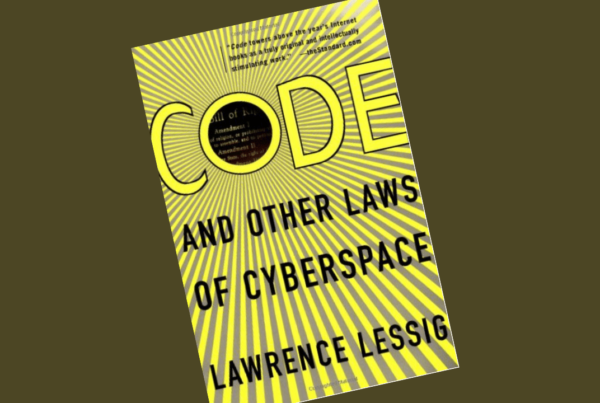Most lawyers are by nature perfectionists.
And if we weren’t when we entered the profession, then we quickly assimilate perfectionism from the others in our profession.
This explains why we put extra detail in most of the documents that we write.
Phrases like:
- “on or about the night of September 21st, 2017…”
- “on five (5) separate occasions…”
- “Johnson Materials Corporation (hereinafter “Johnson Materials”)
It takes a bit of extra cognitive energy to supply these additional details, or to supervise associates and make sure they’ve learned to do so.
The big question, given that time is our most precious resource, is…
Is it worth it?
Is it worth your precious time to always strive to add these kinds of extra details?
Or let’s look at it another way…
What larger, more important things are we LESS likely to do well because we focus extra attention on these pedantic details?
Perfectionism is not helpful, my friend.
Perfectionism is debilitating, especially when it happens mindlessly. When it happens without any consideration of context or higher purposes.
I understand why lawyers supply excess detail in briefs.
Subconsciously, it makes us feel like we are signaling that we are detail-oriented. And of course, our profession demands we pay attention to details.
But we don’t have to do it reflexively, automatically, or mindlessly.
It’s important to always be mindful of context.
Is the detail necessary in this context? How much detail is necessary in this context?
When your brain is on autopilot you aren’t thinking about context. Because you aren’t really thinking.
A view from behind the bench
I spent 2 years clerking for a respected federal trial judge after law school. I was somehow led to believe that the quality of lawyering in federal court would be exceptional.
It turned out that it was surprisingly mediocre.
And much of the mediocrity stemmed from mindlessness that was manifest in the briefs that were filed
For example, most memorandum in support of motions opened with these words: “Now into court through undersigned counsel, comes…”
There is no law that says you must begin a memorandum with these words. But most lawyers who write like this will claim it’s expected by the court.
Of course, they never bother to ask the court if that’s what they expect.
I can tell you that is NOT an expectation of any judge I ever met. Certainly none of the ones in the Eastern District of Louisiana.
But do you know what IS expected (hoped for, prayed for) by judges everywhere? It’s this:
Please get to the point quickly, omit all unnecessary information, and tell me exactly what you want and why I should rule in your favor.
That’s what judges most want.
In the overall view (i.e. important context) judges want lawyers to work more on editing out than mindlessly dumping in.
Of course it’s hard for poor writers to figure out what to leave out.
And we must realize that poor writers are also poor thinkers.
So at the heart of it all is poor thinking accompanied by mindless “perfectionism.”
Poor thinkers find some kind of comfort in being perfectionistic about trivial things like the examples I cited above.
What they should strive to become more adept at is: figuring out what information to leave out, what information to highlight, and how to prioritize arguments.
This skill isn’t easily taught. It’s not quickly learned.
But it’s incredibly important.
You have to focus on the right things if you want to improve the results you get.
Focus is Key (But Only If…)
Successful people are all fanatical about what they focus on.
The famous management guru Peter Drucker observed: “Efficiency is doing things right; effectiveness is doing the RIGHT things.”
Or to really drive home the point, he also said…
“There is nothing so useless as doing efficiently that which should not be done at all.“
Lawyers should substitute the word “perfectly” for efficiently.
There is nothing so useless as doing perfectly that which should not be done at all.
We must focus on the right things. Focusing on perfection isn’t the right thing.
The 80/20 Rule
If you focus your attention and energy on the right things you’ll see dramatic results right away.
Most people spend too much time on the 80% of things that don’t matter, or don’t matter enough.
Successful people try to figure out which 20% of their effort will yield 80% of the results they’re looking for. They don’t waste the other 80% of their time trying to get an additional 20% of results.
They understand that in the big picture (i.e. context) it isn’t worth the extra effort.
80% of the results they’re looking for are good enough.
Especially when they’ve figured out how to get those results with only 20% time, energy or effort.
How about you?
Wouldn’t you like to figure out how to be more effective with less effort?
If so, read this post.
P.S. Get the Smart Lawyers Tech Guide.







